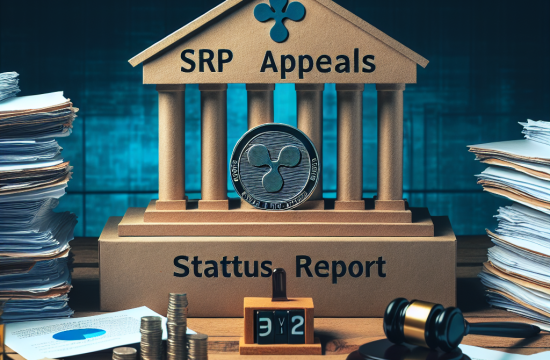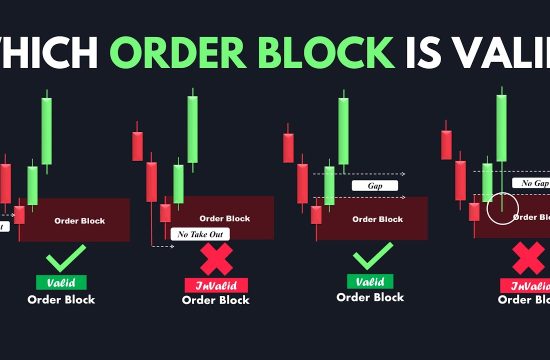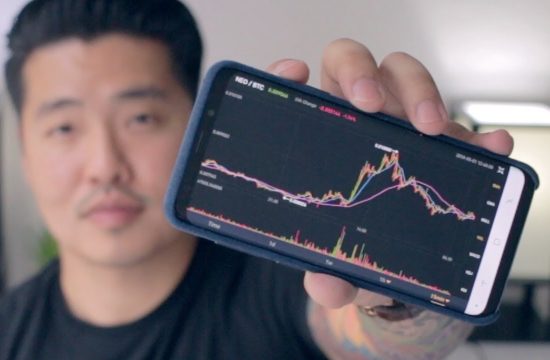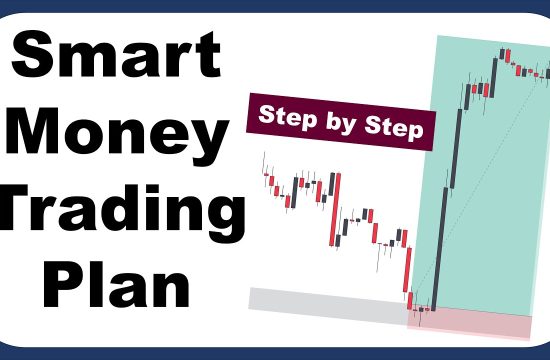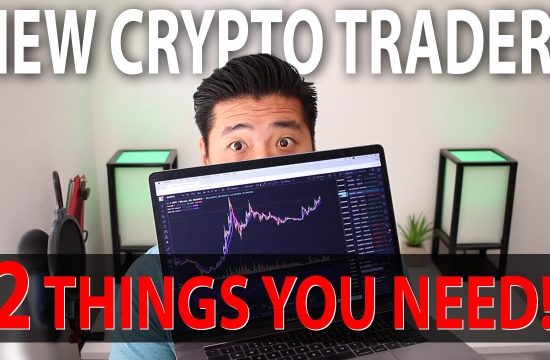Understand the Market Dynamics
Grasping the Basics
When I first jumped into Bitcoin trading, I realized how crucial it is to understand the foundations. You gotta know what Bitcoin is, how it operates, and the technology behind it—blockchain. Without this knowledge, you might as well be throwing darts in the dark. Study up on market trends, and take some time to explore the jargon often thrown around in this niche.
Also, familiarize yourself with other cryptocurrencies and how they impact Bitcoin. Bitcoin doesn’t exist in isolation; events in the wider crypto landscape can cause ripple effects. Trust me, knowing things like market cap, supply, and demand will give you an edge.
Finally, staying updated is key. Set Google alerts for Bitcoin news, follow credible sources on social media, or join forums filled with like-minded folks. An informed trader is a successful trader!
Understanding Market Sentiment
Getting a feel for market sentiment is like having your finger on the pulse of Bitcoin’s health. I always check Twitter trends or Reddit threads to see what people are buzzing about. Whether it’s fear, uncertainty, or excitement—it all plays a role in price movement.
Moreover, sentiment analysis tools can be a game changer. These platforms aggregate social media data to provide insights on whether the sentiment is bullish or bearish. I’ve found that checking these can give me a heads up before making moves.
Lastly, don’t ignore your intuition! Sometimes, it really does come down to feelings from the community. If everyone seems pumped about a new development or tech improvement, there’s often a reason behind it—people are more likely to invest in something they feel positive about.
Impact of Governance and Regulations
Regulations can blow up or bolster your trades, literally overnight. Keep an eye on government stances on cryptocurrencies, policies, and any significant changes in regulations. I can’t tell you how many times I’ve been caught off-guard by sudden news dropping from regulatory bodies!
It’s beneficial to become part of groups that discuss legislation, too. Attend webinars or workshops that feature industry experts discussing upcoming regulations. Staying informed makes you more resilient against sudden market shifts.
Recognize that each country is playing its own game—what works in one region may not be valid in another. This global perspective can be pretty enlightening and can guide you on where to invest and how much to keep in local currencies versus Bitcoin.
Set Clear Goals
Defining Your Strategy
When I was new to trading, I made the classic mistake of going in without a plan. Let me tell you, it didn’t end well! So establishing a clear trading strategy is crucial. Are you in for the long haul or looking for quick flips? Your answer will shape how you trade.
Set specific, achievable goals for yourself. For example, I always aim for a percentage of profit I want to achieve within a certain timeframe. Knowing this keeps me disciplined and focused, rather than making impulsive decisions based on fear or excitement.
Documenting your strategies and reflecting on them often has also done wonders for me. If a technique works, I jot it down; if it didn’t, I figure out why. This practice has not only sharpened my trading skills but also helped me avoid making the same mistakes again!
Risk Management is Key
I can’t stress this enough—risk management is your best buddy in trading. Set stop-loss orders for every trade to minimize potential losses. I learned this the hard way when I didn’t protect myself against unexpected downturns and saw my investment nosedive.
Diversification is another point of good sense that I live by. Don’t put all your eggs in one basket! Spread your investments across different cryptocurrencies. It can shield you from volatility and reduce risk.
Lastly, only trade with money you can afford to lose. Nothing sucks more than having to sell your prized possessions to pay for bad trades. A good rule of thumb is to use only a fraction, like 1-5% of your total portfolio, on any single trade.
Analyze and Learn from Your Trades
Okay, here’s where it gets fun! I always keep a trading journal. This helps me track every single trade I make, noting what worked and what didn’t. Analyzing my past trades gave me insights that I never would have stumbled upon otherwise. It’s like a learning lab for myself!
Regularly reviewing your progress allows you to refine your strategies. Sometimes, I’ll even do a deep dive into my losses to figure out what went wrong. By understanding my mistakes, I’ve been able to make some significant improvements over time.
Also, don’t forget to celebrate your wins! Acknowledging your successes can boost your confidence and keep you motivated, which is essential in a challenging field like trading.
Be Patient and Stay Emotionally Detached
Mastering Your Emotions
The thrill of trading can be overwhelming. At times, I found myself getting too emotionally invested in trades. If you let your emotions take the wheel, you could end up making regrettable decisions. Trust me, I’ve been there!
One way to reduce emotional trading is by sticking to your trading plan. When you’ve laid down your rules, stick to them! Having a well-defined process can act as your guide when the market gets chaotic, helping you stay balanced.
Take breaks when you need to. Sometimes, just stepping back for a few hours can clear your head and prevent knee-jerk reactions. Remember, the market isn’t going anywhere, and your mental health is way more important than any individual trade.
Understanding Market Cycles
Bitcoin and the broader crypto market go through cycles. There are periods of explosive growth, but they are often followed by corrections. I’ve learned to recognize these cycles and adjust my strategies accordingly. Expecting the bounce back after a dip can keep you grounded during turbulent times.
Educate yourself on historical patterns. Look at past bull runs and bear markets; understanding these can help you brace for what’s ahead. Tools like charts can provide visuals to help you see these trends more clearly.
Patience is a virtue in trading. Often, people panic and sell at the first sign of a downturn. Speaking from experience, many of the biggest gains come after weathering the storm. Hold steady, and know that ups and downs are part of the ride!
Continuous Learning
The crypto space is constantly evolving, meaning there’s always something new to learn! I’m a firm believer in ongoing education. Whether it’s webinars, online courses, or reading industry literature, every bit of information helps. I regularly dedicate time to expanding my knowledge in this field.
I’d also recommend joining trader communities. Engaging with other traders allows you to exchange ideas and experiences, enhancing your learning curve. Sharing wins and losses offers a fresh perspective and strengthens your trading acumen!
Finally, don’t shy away from learning from mistakes. Each misstep can be a lesson in disguise if you allow it to be. By constantly adapting your approach, you can stay on top of your game in this ever-changing trading environment.
FAQ
What is the most important factor in Bitcoin trading?
Understanding market dynamics is crucial. Knowing the basics, keeping up with market sentiment, and being aware of regulations can significantly influence your success in trading.
How can I set realistic trading goals?
Start by defining whether you want short-term gains or long-term investments. Set specific, measurable, achievable, relevant, and time-bound (SMART) goals. Keeping your objectives clear helps promote discipline.
What does risk management entail?
Risk management involves protecting your capital through strategies like setting stop-loss orders, diversifying your investments, and never risking more than you can afford to lose.
How often should I review my trades?
I recommend reviewing your trades regularly, at least weekly. This reflection helps identify patterns in your trading style and catches mistakes before they become habits.
Is it essential to have a trading journal?
Absolutely! A trading journal allows you to track your decisions, outcomes, and the thought processes behind them, which is invaluable for continuous growth as a trader.
Related Content
- The Ultimate Guide to 10 Effective Bitcoin Trading Volume Tips for 2025
- Blockchain-Based Loyalty Rewards Foster Brand-Customer Connection, Accelerate Web3 Adoption — Gennady Volchek
- Bitcoin ETFs Drop $287M While Ether ETFs Shed $47M in Early September Trading
- Best Crypto Trading Platforms 2023! (Crypto Exchanges)
- Empowering Your Bitcoin Trading Techniques



